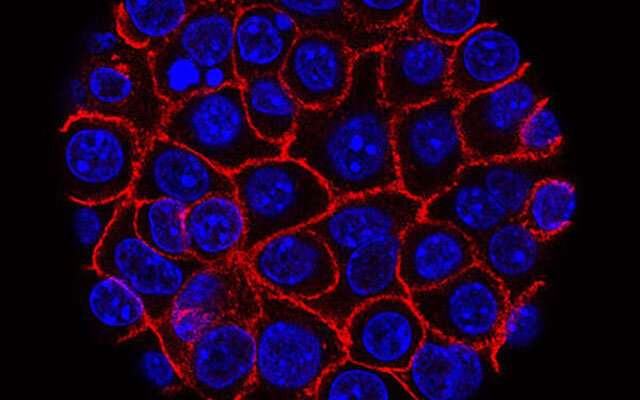Evaluating Concerns and Challenges in Prescribing Antipsychotics to Children and Youth

A new study reveals rising trends and concerns over inappropriate prescribing and inadequate monitoring of antipsychotics in children and adolescents, highlighting the need for clearer guidelines and better data practices.
A recent study highlights significant concerns regarding the inappropriate prescription of antipsychotic medications to children and young people (CYP). The research reveals low levels of follow-up care by general practitioners (GPs) post-prescription and questions the clarity and consistency of current best practice guidelines across different healthcare settings. These issues raise alarms about the accuracy of data collection and adherence to prescribed standards of care.
The investigation, led by Dr. Yana Vinogradova from the University of Nottingham, analyzed encoded data from UK general practices linked to hospital records. The findings show a marked increase in antipsychotic prescriptions for CYP between 2006 and 2021, with the highest rates among adolescent females. Interestingly, only around half of these prescriptions were associated with the mental health conditions specified in NICE guidelines, such as psychosis or bipolar disorder. Many prescriptions were issued for autism spectrum disorder (62%), and a significant proportion lacked recorded mental health diagnoses, especially in cases involving autism, Tourette’s syndrome, ADHD, or self-harm.
Concerns extend to the treatment durations, which often exceeded recommended guidelines, particularly in cases related to autism and other complex conditions. Additionally, the levels of health monitoring—such as cardiovascular and laboratory tests—were generally low, especially for conditions like autism and Tourette’s syndrome, indicating potential gaps in aftercare. Although the guidelines recommend that secondary care specialists handle initial prescriptions and monitoring, the study suggests a concerning deviation from these protocols in practice.
The research emphasizes that the inconsistencies in NICE recommendations across various care environments and gaps in data recording contribute to these issues. The transfer of complex clinical information from secondary to primary care often results in incomplete records, complicating efforts to monitor and audit treatment adherence accurately. Consequently, the authors call for streamlined, unified guidelines that cover both core and off-label uses of antipsychotics and integrate better data management practices.
This study underscores the urgent need for more comprehensive data collection and clearer protocols to ensure safe and effective medication management for vulnerable young populations. Improving the accuracy of medical records and standardizing treatment guidelines across healthcare settings could substantially enhance care quality and safety for children prescribed antipsychotics.
Stay Updated with Mia's Feed
Get the latest health & wellness insights delivered straight to your inbox.
Related Articles
Paracetamol, Pregnancy, and Autism: What Scientific Research Reveals
Current scientific research shows no conclusive evidence linking paracetamol use during pregnancy to autism. Expert consensus emphasizes safe, responsible use for pain relief. Learn the facts behind the controversy.
Breakthrough in Gut Bacterial Adhesion: New Targets for Colorectal Cancer Treatment
New research reveals how Fusobacterium nucleatum adheres to tumor cells via a Velcro-like mechanism, offering promising targets for colorectal cancer treatment.
Inhibiting Brain-Liver Communication Could Counteract Cancer-Related Weight Loss
New research reveals that blocking nerve signals between the brain and liver can prevent deadly weight loss in cancer patients, offering promising therapeutic options.
Innovative Vaccines Show Promise in Combating Pancreatic Cancer in Preclinical Studies
New vaccine therapies targeting pancreatic cancer show promising results in preclinical studies, offering hope for more effective treatments or prevention methods against this deadly disease.



